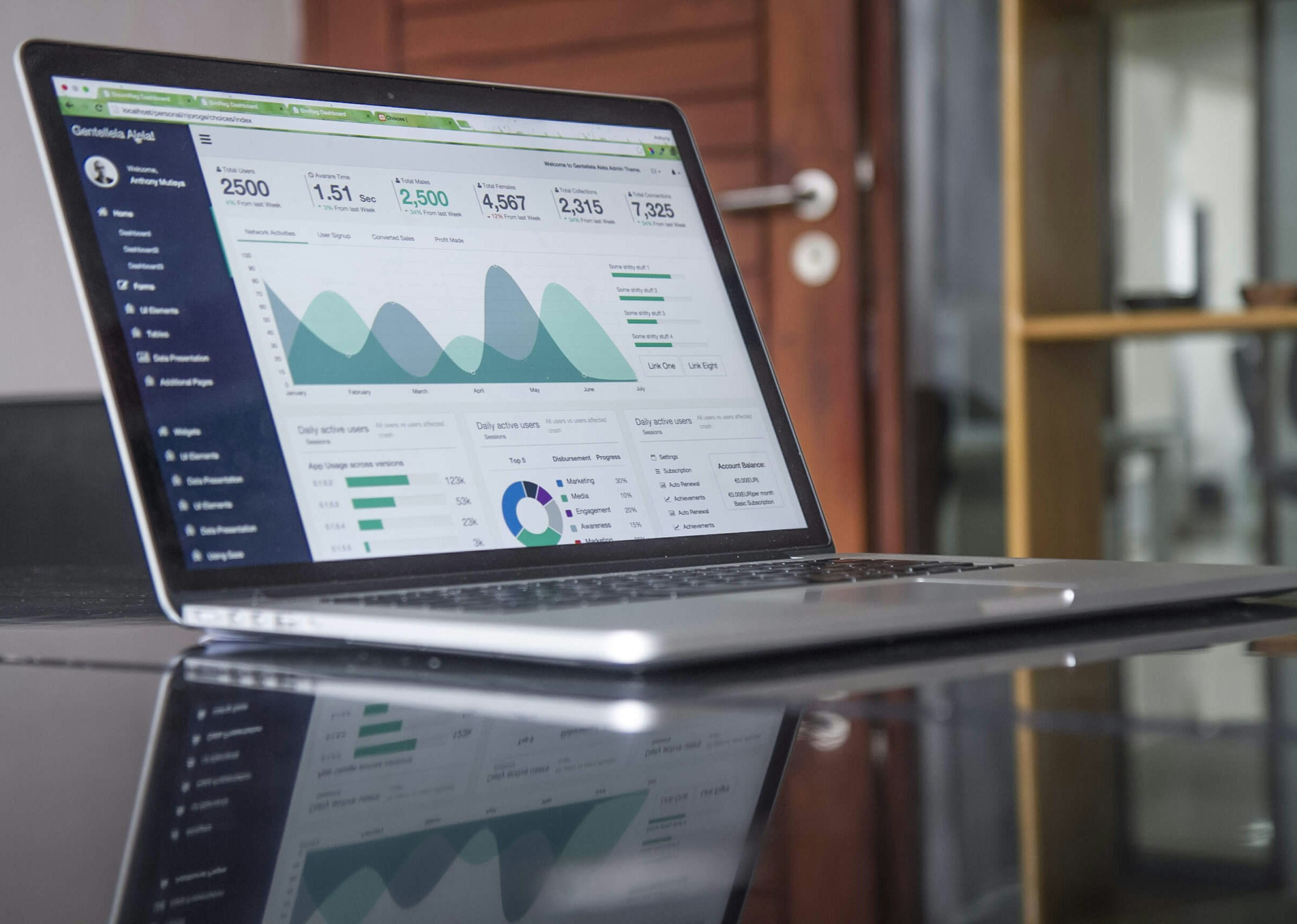
With a foundation in public relations and a career that spans agency life, major retail brands, and innovative tech-driven companies, Robin Shea has seen nearly every side of the marketing world. She’s led during economic shifts, digital revolutions, and the rise of AI—each time evolving her approach to meet the moment. In this conversation, she reflects on the lessons learned from the power of data to guide strategy, and how today’s marketers can prepare for a future shaped by personalization, automation and relentless change.
You've built your career across agencies, retail and product companies. What drew you to marketing and e-commerce?
I was actually a Public Relations major in college (Marquette University) and really enjoyed the process of studying “publics” to figure out what was important to them in order to make a product, service or organization relevant. So that was a nice foundation of always thinking about the customer journey. I worked doing all kinds of branding and marketing for a variety of businesses for 10 years in agencies, but during the “Great Recession” I moved to the “client side” and joined Mark Travel. That was a great “boot camp” in all things digital, because they had consumer-facing sites like Funjet Vacations, but also the tech behind many vacation package booking sites and a B2B offering for travel agents. They were doing amazing technology work through their Trisept Solutions development wing, and I got to be involved in all of that. Since the customer journey was becoming increasingly digital at that time, the combination of customer-focused branding and marcom married with tech and e-commerce became my passion and what I would focus on for the next 15 years.
You've held leadership roles at companies ranging from startups to established brands. What's the biggest difference between scaling marketing at a growing company versus transforming marketing at an established brand?
I really think of any marketing challenge as an equation. There’s an intended result and then all the variables - the audience, situation, insights, product/price/positioning/placement, creative and execution. Whether you are working on big global enterprises or non-profits, new D2C brands or B2B manufacturers, it’s all about determining all the inputs, the variables, with an eye always on the metrics for each and their relationships to the final goal(s), and continually adjusting, testing & learning, and optimizing to finally solve for X. I guess the differences are really more about the organization and team structures, the approval steps and alignment needed along the way - and the budgets:)
You mention leveraging AI for content creation in your last role. How are you practically implementing AI in marketing operations and what results are you seeing?
I think most organizations are dabbling in using tools like ChatGPT for content creation. What I found useful was to establish a shared workspace and train it with very detailed brand guidelines and consistent product category insights, so that we could generate copy elements without having to prompt and revise a million times. The tool learned our style and requirements so that we were able to massively cut time to develop product and promotion content, while getting quality results needing minimal revisions. It took some significant upfront training time, but it really paid off.
You describe yourself as "data driven." Can you share a specific example where data completely changed your marketing strategy or revealed an unexpected opportunity?
There were dozens of times over my career that the data uncovered surprising insights, but one that comes to mind was the assumption that consumers were comparing price across channels in such a way that we needed to maintain separate pricing and product tiers for different customers. The reality in the specific case I’m thinking of, that we could see with some detailed analysis, was that enough customers were not cross-comparing (for some specific channels) and that we didn’t need to be concerned about some of the price controls in place. We were able to drive both sales and margin by releasing some of those self-imposed pricing binds.
You've witnessed the evolution of e-commerce from early digital marketing to today's sophisticated omnichannel experiences. What's the next big shift you see coming?
The obvious answer is AI. I think that’s undeniable. We have had AI for years, but the ability for LLMs to be deployed by any of us really levels the playing field for any brand to excel at merchandising and demand generation. Development will continue to move fast and expand into more complex solutions. It will be a whirlwind of change, I’m sure, and probably touch almost every aspect of what we do, but I’m excited by it. I think all this will make it possible to truly personalize and individually communicate with audiences in such awesome ways. Brands will need to be truly authentic and focus on great experiences.
You've been active with the American Marketing Association and Wisconsin DECA. How has volunteer leadership shaped your professional approach?
I am so thankful for the time I spent volunteering with those organizations, and for the many connections I have made. It is an amazing experience to work in full collaboration with a team all rolling up sleeves not for a paycheck but because they believe in something. And seeing people grow and evolve in their careers. I try to find that joy in camaraderie and development in my work roles. It’s magic when you can work on a team in which everyone believes in a vision beyond just punching the clock.
For marketing professionals looking to transition into e-commerce leadership, what skills should they prioritize developing?
Anyone in marketing knows that so much of the job is about adapting to changing circumstances and making pivots (tweaking the “variables”). I find it even more prevalent in digital and e-commerce, and often you are educating and orchestrating that change cross-functionally. And those pivots are really tied to the data. Understanding how to measure, interpret and “storytell” around the metrics for all touchpoints is critical, as well as connecting performance to overall business metrics. E-commerce is part marketing and part sales, so I think you have to be comfortable with the financials and demonstrating value to the organization and customers.
What's one piece of advice you'd give to someone launching their first D2C business today?
Really understand all your costs so that you can maintain profitability as you scale. Too many businesses, entrepreneurs and huge billion-dollar companies alike, don’t realize all the costs necessary to drive demand and fulfill/ship products. The costs sneak up; budgets get pulled back and sales underperform to plan. The most successful launches I have been part of went slow, failed fast and adjusted, controlled costs and grew step by step.
Looking ahead, what excites you most about the future of digital commerce and marketing?
As I mentioned, I think AI is going to usher in lots of change and the need to completely rework almost everything, which excites me. My favorite thing is jumping into a big, complex challenge and working across businesses to figure it out. I don’t think it’s going to be as much about the technology - which will surely evolve quality - as it is about the products, business models, experiences, people, and work processes. It’s going to be so fun!

















